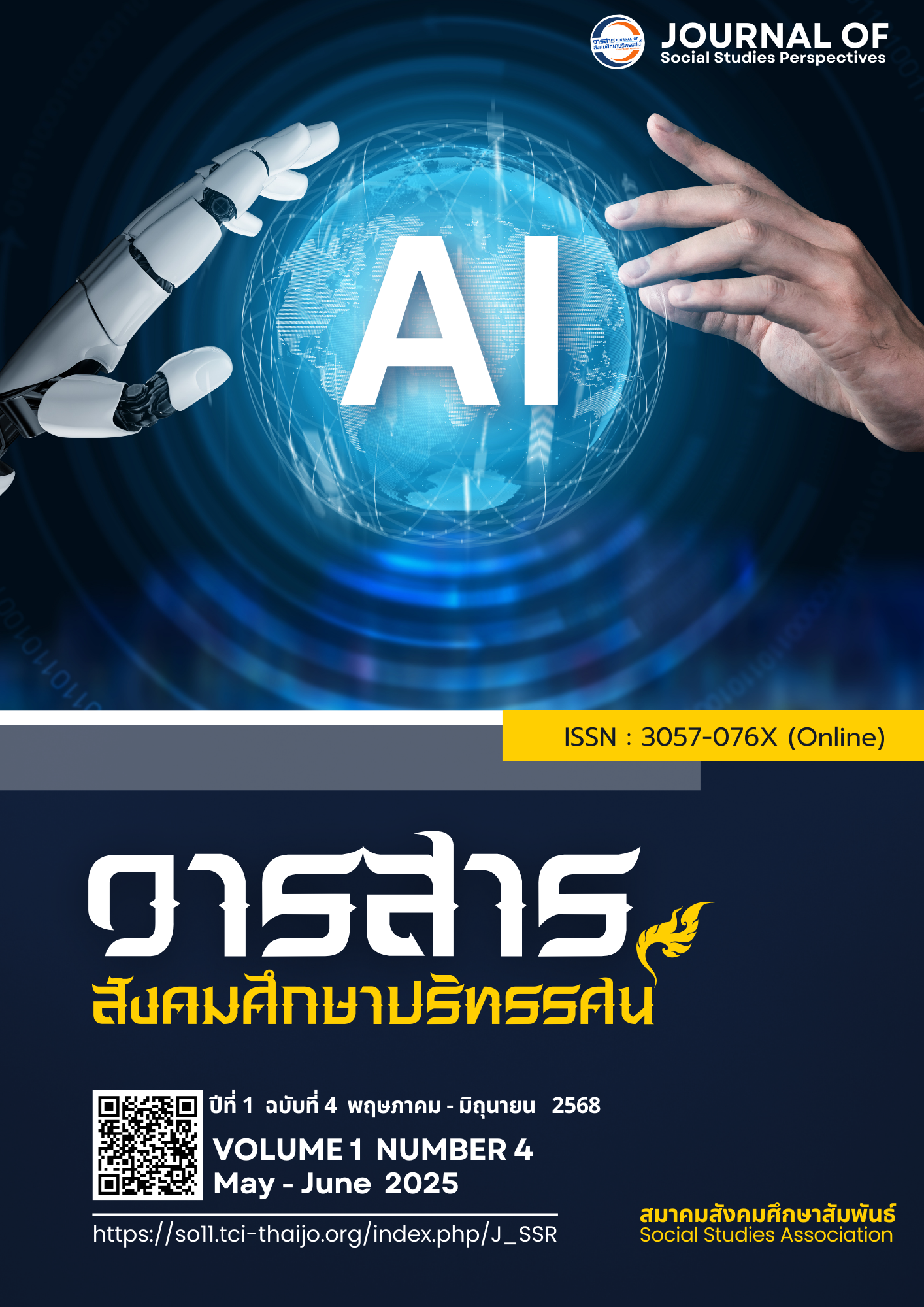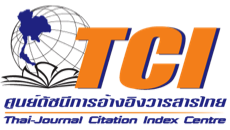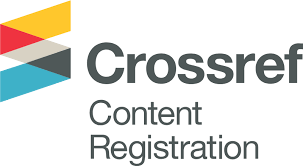CONDITIONS, PROBLEMS AND NEEDS OF ACADEMIC DEVELOPMENT PHETCHABUN TECHNICAL COLLEGE
DOI:
https://doi.org/10.64186/jsp1581Keywords:
Conditions , Problems and Needs , Academic, Phetchabun Technical CollegeAbstract
This research aims to 1) study the status and problems of academic work at Phetchabun Technical College, and 2) rank the needs of academic work at Phetchabun Technical College. This is a quantitative research. The sample group is 353 administrators, teachers, and educational personnel at Phetchabun Technical College. The stratified selection method is used from the population. The research instrument is a questionnaire that has been reviewed by experts and has a reliability value of 0.88. The data is analyzed using the mean (), standard deviation (S.D.), and ranking of needs. The results of the research found that:
- The overall academic administration condition of Phetchabun Technical College found that the actual conditions in all aspects were at a moderate level (
= 3.37, S.D. = 0.73) and the problems in the picture were at a high level (
= 3.97, S.D. = 0.92).
2.The results of the study of academic needs at Phetchabun Technical College found that there was a need for academic development, with a PNIModified value between 0.68 - 0.50, in the following order of importance: teacher leadership, thinking skills, communication skills, research for learner development, development of internal quality systems, teamwork and knowledge exchange, teaching and learning management, ethics and desirable characteristics, measurement and evaluation, and curriculum development
References
Krejcie, R. V., & Morgan, D. W. (1970). Determining sample size for research activities. Journal of Educational and Psychological Measurement, 10(11), 308.
Klaykaew, P. (2018). Guidelines for academic administration of educational institutions in Chai Nat Province under the Office of Secondary Education Area 5 (Master's thesis, Educational Administration). Faculty of Education, Nakhon Sawan Rajabhat University.
Marzano, R. J., Waters, T., & McNulty, B. A. (2005). School leadership that works: From research to results. ASCD.
Nimphan, S. (2020). Factors affecting academic administration in educational institutions under the Office of the Secondary Education Area 5 (Master's thesis, Educational Administration Program). Faculty of Education, Nakhon Sawan Rajabhat University.
Office of the Secretary-General of the Education Council. (2017). Education: A key factor in human, social and national development. Office of the Secretary-General of the Education Council.
Office of the Vocational Education Commission. (2019). Guidelines for academic administration in vocational education institutions. Bangkok: Office of the Vocational Education Commission.
Phoonkamlang, N. (2017). Guidelines for academic administration to promote teaching management of Mathayom Suksa School under the Office of Secondary Education Area 2 in the New Normal Era (Master's thesis, Educational Administration). Faculty of Industrial Education, Rajamangala University of Technology Thanyaburi.
Pothipitak, P. (2017). Concepts for the implementation of educational administration. Nakhon Sawan: Faculty of Education, Nakhon Sawan Rajabhat University.
Sangkhamueang, T. (2022). Necessities and academic administration guidelines to improve the quality of education under the Office of the Primary Educational Service Area, Phitsanulok Area 1 (Master's thesis, Educational Administration). Naresuan University.
Wanphan, K. (2007). The conditions and problems of academic administration of Bang Kai Thuen School (Tantiwisit Prachamnukoon), Chai Nat Educational Service Area Office (Master's thesis, Educational Administration Program). Chandrakasem Rajabhat University.
Wongwanich, S. (2015). Research on assessment of needs. Bangkok: Chulalongkorn University Press.
Downloads
Published
How to Cite
Issue
Section
Categories
License
Copyright (c) 2025 Journal of social studies perspectives

This work is licensed under a Creative Commons Attribution-NonCommercial-NoDerivatives 4.0 International License.
The article is published under the Creative Commons Attribution-NonCommercial-NoDerivatives 4.0 International (CC BY-NC-ND 4.0) license, which allows others to share the article while giving appropriate credit to the author. It prohibits the use of the article for commercial purposes or the creation of derivative works. Any other reuse or reproduction requires permission from the journal.










